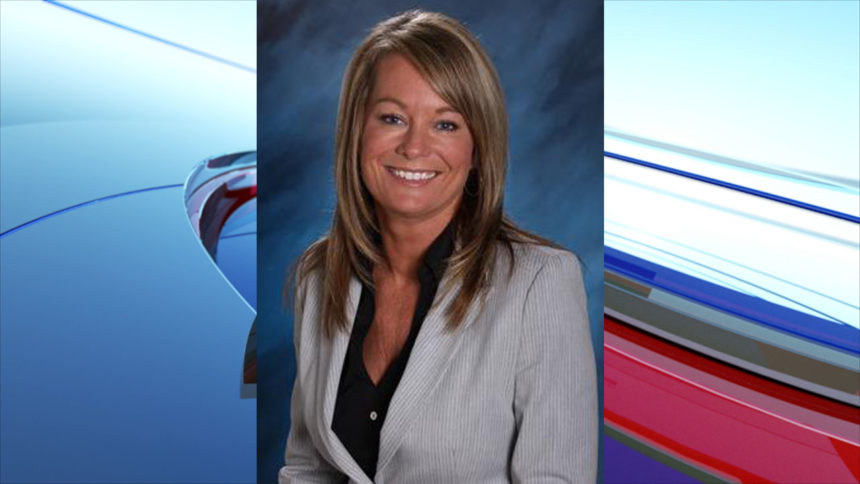Idaho Supreme Court considers State Superintendent lawsuit

BOISE, Idaho (AP) - Idaho's Supreme Court justices seemed skeptical on Friday about whether the Legislature can legally shift some duties previously handled by one statewide elected official to a different entity.
The question - of exactly which responsibilities the superintendent of public instruction is constitutionally required to handle - was at the center of arguments in a lawsuit between State Superintendent Sherri Ybarra, the Legislature and the state board of education.
Ybarra filed the lawsuit earlier this year after lawmakers approved removing $2.7 million from her budget along with 18 full-time information technology employees. At the time, lawmakers said they wanted to consolidate the data management functions under the board of education.
Ybarra holds a seat on that board, but the rest of the members are appointed by the governor, and the board oversees charter schools, colleges and universities and other programs along with the public K-12 school system that Ybarra is elected to lead.
Ybarra contends that the Legislature's move includes the Idaho System for Educational Excellence, which tracks enrollments, grades, test scores and other information that supports budgeting decisions and accountability measures. She said removing that system from her management means other critical office functions are likely to be damaged.
Mary York, a private law firm attorney representing the Legislature, said the framers of the state Constitution intended to consolidate the superintendent of public instruction's duties with the then-newly created board of education. At the time, the board was made up of just three people, and the framers believed three heads were better than one, she said.
But Justice Robyn Brody said York's argument, if taken to the logical conclusion, suggests the Legislature "could in effect remove every single power and every single dollar from the state superintendent of public instruction."
Deputy Attorney General Cynthia Yee-Wallace, representing the board of education, said it was simply a matter of degrees. Transferring some technology employees doesn't limit Ybarra's constitutional powers, she said, and pointed out that Ybarra would still have three technology staffers left in her employ after the transfer.
"There can be no infringement on a duty that does not exist," Yee-Wallace said. "Her job is to execute the rules, regulations, policies and procedures that have been set by the board."
Justice Roger Burdick questioned how Ybarra was supposed to backfill the work done by the transferred employees without an appropriation of money, saying it seemed that lawmakers were "getting in the weeds" of the constitutional office's daily operations.
Ybarra's attorney, David Leroy, said the Legislature's move leaves Ybarra unable to perform her core duties.
"The technology services group in the modern world is indeed a core duty," Leroy said. "This court has been very clear that the Legislature cannot destroy constitutional offices and cannot take core duties from constitutional offices. This is a constitutional question of the highest order."
The Supreme Court took the matter under advisement, and will issue a written ruling sometime in the coming weeks. They've been asked to expedite their ruling, since the law authorizing the budget cut and transfer will take effect July 1.
Idaho spends about $2 billion - roughly half of the state's budget - to educate about 300,000 students from kindergarten through high school.
